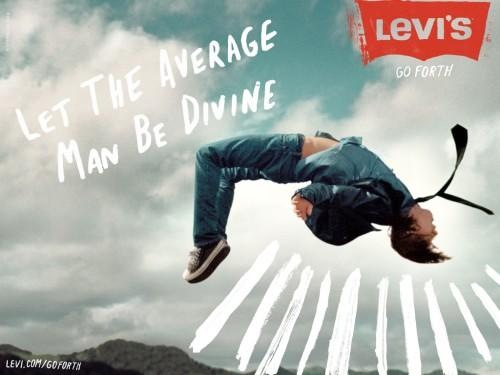HONORS 250
It seems only
fitting on the day of the election that we would be talking about hope in
advertising. After all, I think we all remember the Barack Obama “Hope” poster that
was created by artist Shepard Fairey. The poster which was described by many as
iconic came to be a representation of Obama’s 2008 campaign. The poster consists of a stylized stencil portrait of Obama in solid red, beige
and (pastel and dark) blue, and most commonly with the words
"progress", "hope", or "change" below. (Although
in some versions other words were used).
What does this poster tell us about what it
means to be human? It tells us something about the power of hope as a human
emotion. Running for the office of President of the United States of America,
the leader of one of the most powerful countries in the world, Barack Obama
could have chosen any word he wanted to base his campaign on. But he chose the
word hope. This just begs the question why? Why hope? The fact that this word
was chosen tells us that it’s something the entire country could relate to and
rally behind, it tells us that this word is something that is a part of the
human experience. It is more than simply an emotion that humans can express, rather
to be human means to hope. We hope for our future, we hope for prosperity, we
hope for our children’s future, we hope for restoration, we hope for freedom,
we hope for all the blessings of a loving God, we hope for a perfect society.
Scripture tells us that we hope for a perfect
society because we were created for such a place. We have hope because whether
or not we believe in the Christian faith we recognize that there is something
wrong with this world. We recognize the need for something and out of our
longing for the restoration of that need our hope is born. This world is not
our home, it’s a temporary place that will soon be gone as creation, and God’s
original plan for humanity, is restored. We long for a perfect society the way
that creation longs for restoration. As Romans 8:22 says, “for we know that all
creation has been groaning as in the pains of childbirth right up to the
present time”. We as a Christian community, and even as a broader human
community, have been groaning and hoping for a restoration that will only be
brought on by the second coming of the messiah. This is the reason why hope is
such a powerful motivator especially among the secular community. When we know
something is wrong and we are groaning for something to make it right we will
inevitably hope for something, and if we aren’t placing that hope in Christ
then it only makes sense to place our hope in the leader of our country. This
is why the word hope in and of itself is such a strong advertisement.
The following is a link to the Obama “Hope”
Poster by Shepard Fairey,
Alex Regets






